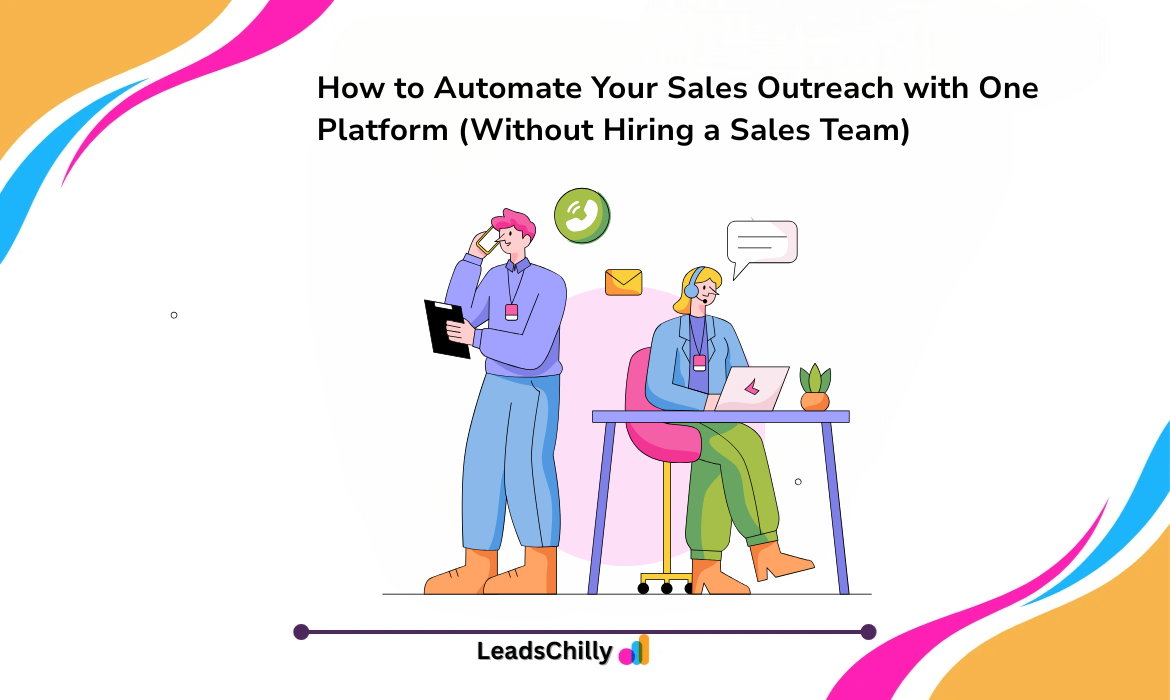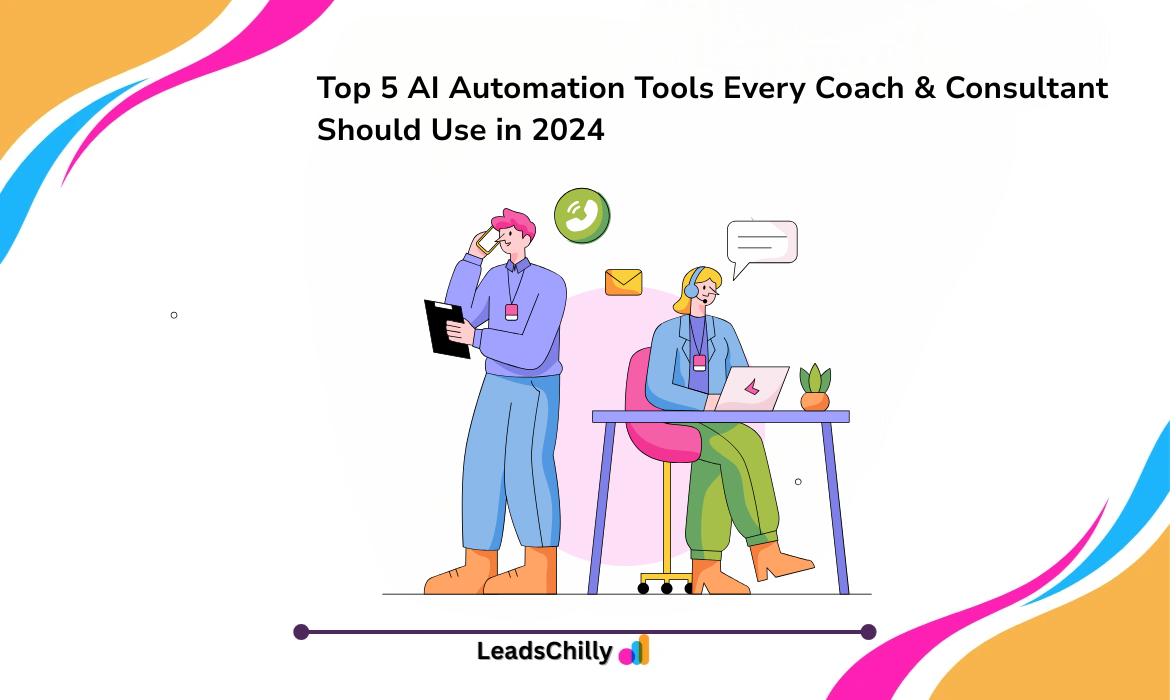In the dynamic world of digital marketing, converting website visitors into paying customers is crucial. A funnel builder is an indispensable tool for businesses looking to streamline their marketing efforts and enhance customer conversions. Funnel builders help create structured paths, guiding potential customers from their first interaction with your brand to making a purchase. This article delves into what funnel builders are, their key features, benefits, and how to effectively use them to boost your business.
What is a Funnel Builder?
A funnel builder is a software platform that simplifies the creation and management of sales funnels. It acts as a command center, allowing you to design targeted journeys that guide website visitors towards becoming loyal customers. By using a funnel builder, businesses can significantly improve their marketing efficiency and effectiveness, ensuring that no potential customer falls through the cracks.
Key Features of a Funnel Builder
A good funnel builder offers several key features to help you create and manage effective sales funnels:
- Drag-and-Drop Simplicity: User-friendly interfaces with drag-and-drop functionality make it easy to design professional-looking landing pages and sales pages without the need for coding expertise. This feature allows marketers to quickly and effortlessly build attractive and functional pages.
- Pre-Built Templates: Ready-to-use templates for various funnel types save time and effort. These templates are designed based on best practices, ensuring high conversion rates and providing a solid starting point for customization.
- Email Marketing Integration: Seamlessly integrate email marketing tools to nurture leads and automate email sequences. This integration helps in keeping the audience engaged through targeted email campaigns, leading them down the funnel.
- Payment Processing Integration: Accept payments directly through your funnel for a smooth checkout experience. This feature ensures that the purchase process is seamless, increasing the likelihood of completed transactions.
- Analytics and Tracking: Monitor your funnel’s performance with insightful analytics to identify areas for improvement and optimize conversion rates. This data-driven approach helps in making informed decisions to enhance the effectiveness of your funnels.
Understanding the Sales Funnel
A sales funnel typically consists of the following stages:
- Awareness: Introducing potential customers to your brand through various channels like blog posts, social media engagement, and informative content. The goal is to make the audience aware of your business and the solutions you offer.
- Interest: Piquing their interest with deeper dives into your solutions, such as ebooks, webinars, and free trials. This stage involves engaging content that highlights the benefits of your product or service.
- Decision: Convincing them that your product or service is the best choice using compelling comparisons, testimonials, and case studies. At this stage, you provide detailed information that helps potential customers make an informed decision.
- Action: The conversion point where they make a purchase. Ensure the checkout process is smooth and secure to facilitate easy transactions.
- Retention: Fostering customer loyalty with excellent service, loyalty programs, and exclusive offers. Retaining customers is crucial for long-term success, and this stage involves strategies to keep them coming back.
Visualization of a Sales Funnel
A sales funnel can be visualized as a broad opening at the top, gradually narrowing down to a spout at the bottom. This illustration helps in understanding how prospects move down the funnel, being nurtured with targeted content and offers, leading to a purchase.
Types of Funnels
Different types of funnels cater to specific goals:
- Lead Generation Funnels: Designed to capture email addresses or other contact information in exchange for valuable content like ebooks or webinars. These funnels are crucial for building a list of potential customers.
- Sales Funnels: Guide prospects towards a purchase decision by showcasing product features and benefits. These funnels focus on converting leads into paying customers.
- Webinar Funnels: Promote and capture registrations for upcoming webinars. Webinars are effective tools for engaging audiences and driving sales or leads.
- Membership Funnels: Ideal for subscription-based businesses, offering exclusive content or services in exchange for recurring fees. These funnels help in building a loyal customer base that provides consistent revenue.
Building Your First Funnel
Here’s how to build your first funnel:
- Define Your Goal: Clarify what you aim to achieve, whether it’s lead generation, product sales, or another objective. Having a clear goal helps in designing a funnel that meets your business needs.
- Identify Your Target Audience: Understand their needs and pain points to craft compelling messaging. Knowing your audience allows you to create content that resonates with them and addresses their specific problems.
- Map Out Your Funnel Stages: Break down the customer journey into clear steps, aligning content and offers with each stage. This mapping ensures that you provide the right information at the right time to guide prospects down the funnel.
- Choose Your Funnel Builder: Research and select a funnel builder that fits your budget and needs. Look for features that are essential for your business and ensure the tool is user-friendly.
- Design Your Landing Pages: Create targeted landing pages that capture attention and prompt action. Use compelling headlines, clear calls to action, and engaging visuals to attract and retain visitors.
- Integrate Email Marketing: Set up automated email sequences to nurture leads throughout the funnel. Email marketing helps in maintaining contact with your audience, providing valuable content, and encouraging them to take action.
- Optimize and Analyze: Continuously monitor your funnel’s performance and tweak it for optimal conversions. Use analytics to identify areas of improvement and make necessary adjustments to enhance effectiveness.
Advanced Features of Funnel Builders
Advanced funnel builders offer features like:
- Membership Portals: Create exclusive member areas with gated content, online courses, or community forums. This feature helps in building a community around your brand and providing value to your audience.
- A/B Testing: Test different versions of landing pages, email subject lines, or calls to action. A/B testing helps in identifying what works best for your audience, allowing you to optimize your funnel for better performance.
- Affiliate Marketing Management: Recruit affiliates and manage their campaigns directly within your funnel builder. This feature helps in expanding your reach and driving more sales through affiliate marketing.
- Subscription Management: Offer recurring subscriptions with automated payment processing and cancellation options. This feature is essential for businesses with subscription-based models, ensuring smooth and efficient management of subscriptions.
- SMS Marketing Integration: Reach your audience directly through SMS marketing campaigns. SMS marketing is an effective way to engage with your audience and drive immediate action.
Benefits of Using a Funnel Builder
Using a funnel builder can provide numerous benefits:
- Increased Lead Generation: Capture more leads with targeted landing pages and automated email capture forms. A well-designed funnel helps in attracting and converting more visitors into leads.
- Enhanced Sales Conversions: Guide prospects seamlessly through the buyer’s journey, culminating in more sales. Funnel builders help in creating a structured path that leads to higher conversion rates.
- Improved Customer Retention: Nurture relationships with existing customers through targeted email campaigns and loyalty programs. Retaining customers is crucial for long-term success, and funnel builders help in maintaining ongoing engagement.
- Streamlined Marketing Efforts: Manage all your funnel elements, email marketing, and analytics from one central platform. This streamlining saves time and resources, allowing you to focus on other aspects of your business.
- Measurable Results: Gain valuable insights into your funnel’s performance for data-driven optimization. Analytics help in identifying what works and what doesn’t, enabling continuous improvement.
Choosing the Right Funnel Builder
When selecting a funnel builder, consider:
- Features and Functionality: Ensure it offers the features you need, such as landing page creation, email marketing integration, and analytics. Look for a tool that provides all the essential features required for your business.
- Ease of Use: Look for user-friendly interfaces, especially if you’re not tech-savvy. A simple and intuitive interface helps in quickly creating and managing funnels without technical expertise.
- Pricing: Choose a plan that aligns with your budget and business needs. Compare different pricing plans and select one that offers the best value for money.
- Integrations: Ensure it integrates seamlessly with other marketing tools you use. Compatibility with existing tools helps in creating a cohesive marketing strategy.
- Scalability: Consider whether the funnel builder can scale with your business growth. As your business expands, you need a tool that can handle increased traffic and more complex funnels.
Essential Considerations for Funnel Success
To maximize the effectiveness of your funnels:
- Compelling Content: Create high-quality content that resonates with your target audience. Engaging content helps in capturing attention and keeping visitors interested.
- Strategic Targeting: Precisely target your messaging for maximum impact. Tailored messages that address the specific needs and pain points of your audience are more effective.
- Compelling Offers: Provide valuable incentives that entice visitors to take action. Attractive offers encourage visitors to move further down the funnel.
- Testing and Optimization: Continuously test and refine your funnels to optimize conversions. Regular testing and adjustments help in improving the performance of your funnels.
Conclusion
Using a funnel builder is essential for modern digital marketing. It simplifies the process of converting visitors into customers, improves marketing efficiency, and drives business growth. With the right funnel builder, you can create effective sales funnels that enhance lead generation, sales conversions, and customer retention. Start leveraging the power of funnel builders today and take your business to the next level!
Note: Explore our latest blogs for in-depth insights on related topics: Healthcare saas, what is himss, metaverse in healthcare, top ehr software, custom medical software development, wearable health devices, patient engagement solution, medical staff scheduling software, rcm in healthcare, automated prior authorization software.
Frequently Asked Questions
Q1. What is a funnel builder?
Ans: A funnel builder is a software tool that helps businesses create and manage sales funnels, guiding potential customers through a structured path from awareness to purchase.
Q2. Why do I need a funnel builder?
Ans: Funnel builders streamline the marketing process, increase lead generation, improve sales conversions, and enhance customer retention.
Q3. What are the key features of a funnel builder?
Ans: Key features include drag-and-drop simplicity, pre-built templates, email marketing integration, payment processing, and analytics tracking.
Q4. What are the stages of a sales funnel?
Ans: The stages typically include awareness, interest, decision, action, and retention.
Q5. How do I choose the right funnel builder?
Ans: Consider factors like features, ease of use, pricing, integrations, and scalability when selecting a funnel builder.



Comments are closed.